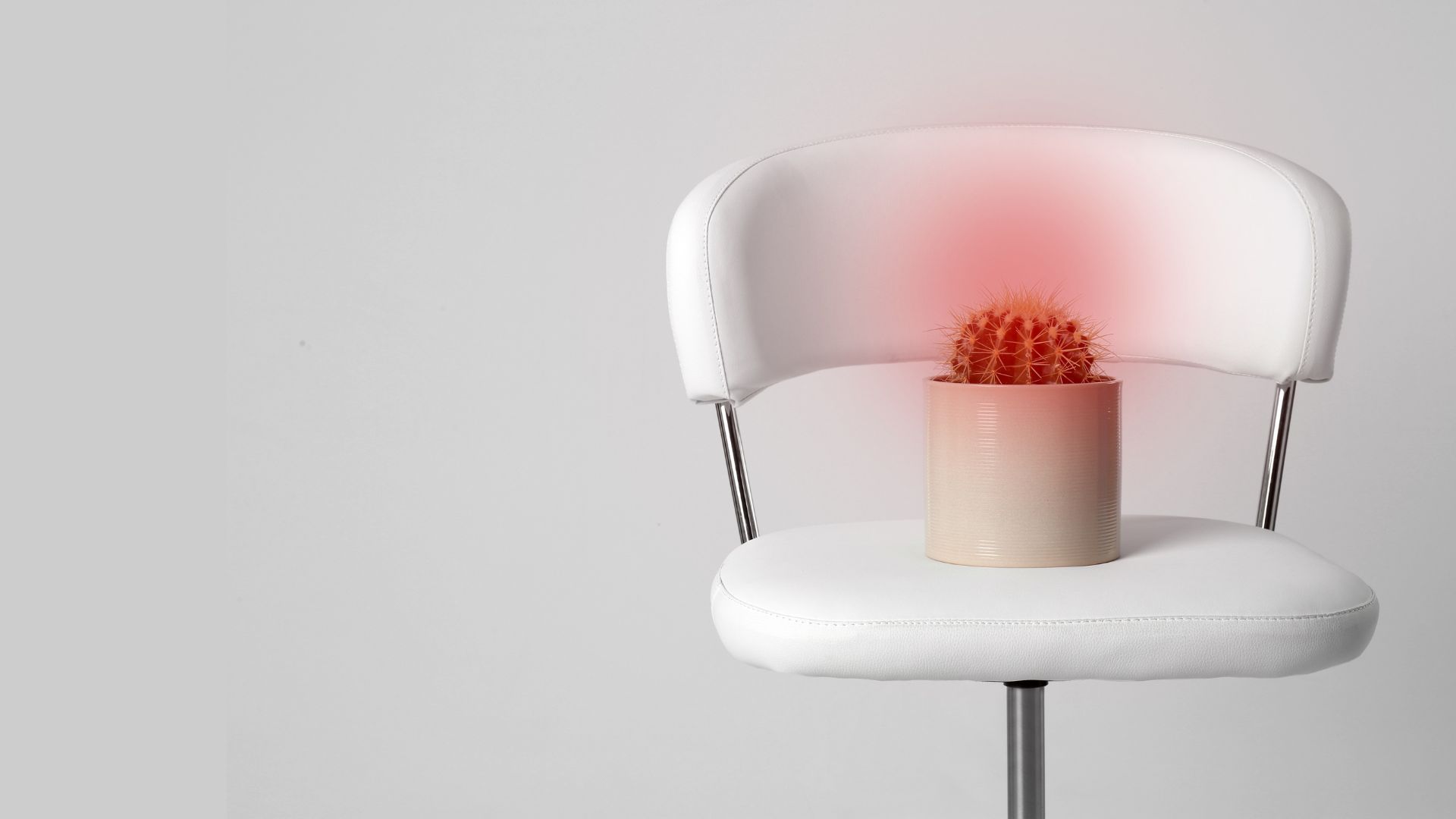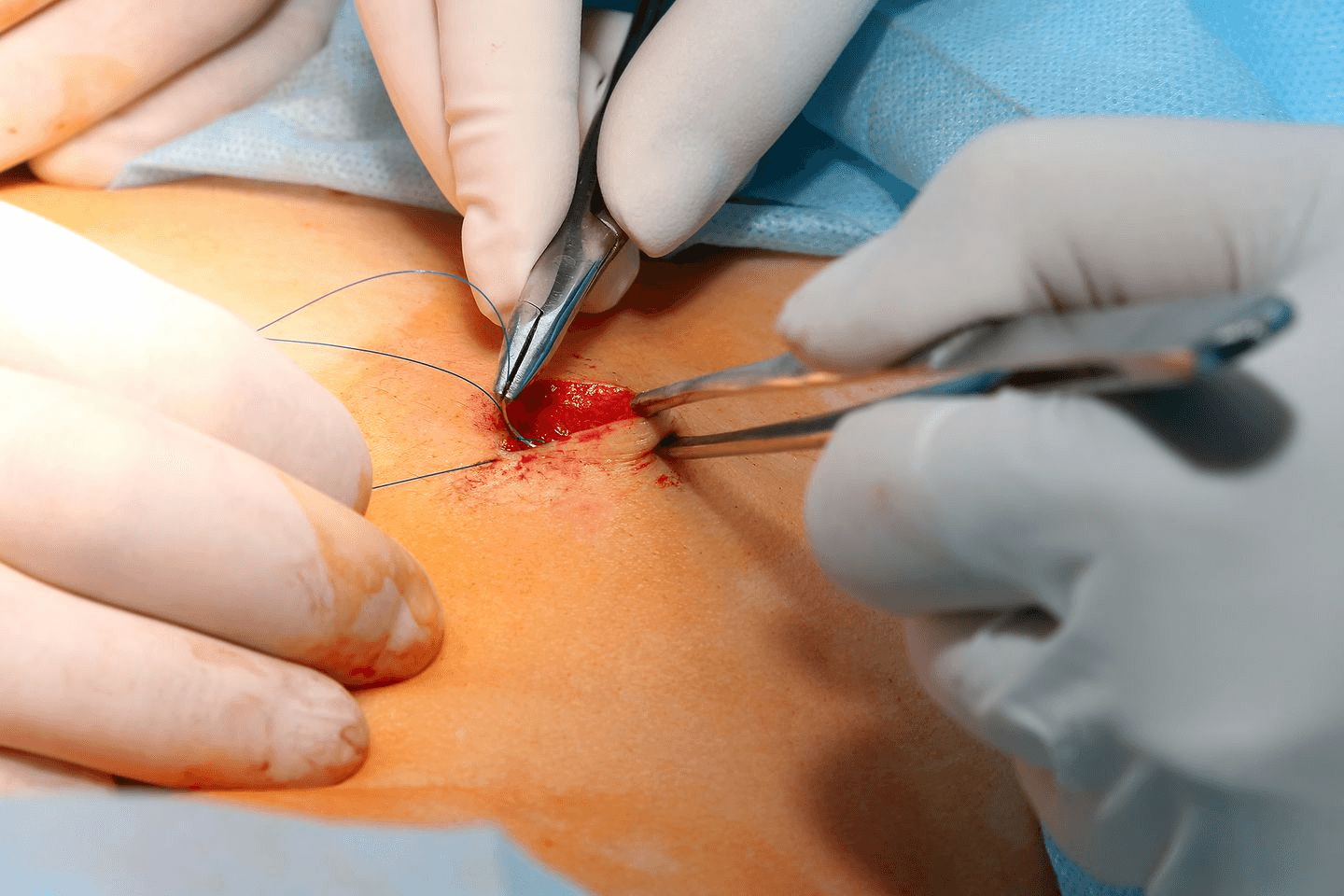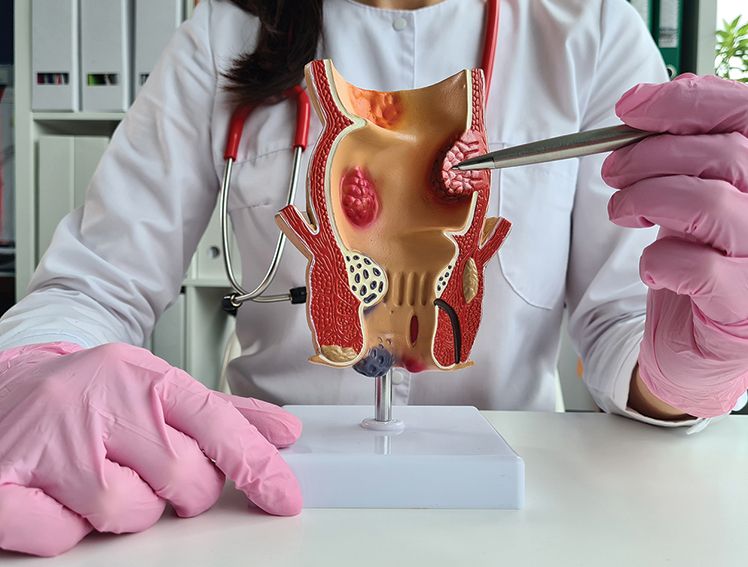
World Piles Day 2025: Empowering Health Choices and Preventing Piles
Introduction
Many people hesitate to talk about piles due as there is a social stigma around the condition. However, this common condition has been projected to affect 50% of people by the age of 50.[1] World Piles Day is a reminder that awareness, early detection, and care make a difference. Piles are lumps caused by swelling of the veins in the anus that may cause pain, itching, or bleeding. The good news? With the right lifestyle habits and timely treatment, piles can be effectively managed or even prevented.
Understanding Why Piles are an Overlooked Condition
Hemorrhoids (piles) are categorised into different types based on their location and severity. These are:
Type[2] | Location | Common Symptoms |
Internal hemorrhoids | On the inside of the rectum | These are usually painless, but they may cause bleeding during bowel movements. |
External hemorrhoids | Under the skin around the anus | You may experience pain, itchiness in the area, and may form lumps |
Prolapsed hemorrhoids | Internal hemorrhoids that protrude outside the anus | May cause discomfort and bleeding |
Thrombosed hemorrhoids | External hemorrhoids with blood clots | These cause severe pain, swelling, and inflammation |
A study about risk factors of hemorrhoidal disease among adults in a tertiary care centre, India, with 62.1% men, showed that common risk factors are:
Chronic constipation -57.5%
Low dietary fiber intake- 69.6%
Sedentary lifestyle- 59.6%[3]
While the conditions do not threaten your life, they can severely affect daily comfort and confidence. In some cases, piles can also be mistaken for other conditions like a fistula, requiring a different approach for treatment.
Early Detection: Recognising the Signs
Identifying the symptoms of piles early can help prevent complications. Some common piles symptoms include:
Bright red blood after passing stools
Itching or irritation around the anus
Painful swelling or lumps near the anus
A feeling of incomplete bowel emptying
Discomfort while sitting
According to a study done by the Department of General Surgery, Vishwabharathi Medical College in India, showed that hemmorhoids affect people below the age of 40.[4] If any of these signs persist, it's important to seek medical advice. If you ignore the problem, it may lead to severe pain or infection, and you may need surgical intervention, such as piles surgery or even fistula surgery in complex cases.
Prevention: Lifestyle Modifications
When you learn to prevent piles, it is the best way to avoid the complications it causes. Adopting small but consistent lifestyle changes can make a big difference.
Here are some effective prevention tips:
1. Eat a High-Fibre Diet: It helps with passing stool smoothly by softening stool to reduce excessive pressure. Therefore, it is recommended to include fruits, vegetables, whole grains, and legumes.
2. Stay Hydrated: You should drink about 2-3L of water daily, as proper hydration supports smooth digestion and bowel movement.
3. Avoid Straining: Studies show that there is an 18.8 times higher risk for those with constipation getting hemmorrhoids.[5] You should try not to sit on the toilet for long periods or push too hard while passing stools. [Daphne Di2] [6]
4. Exercise Regularly: You should exercise daily, starting light with walking, yoga, or swimming. It will improve blood circulation and reduce pressure on the veins.
5. Maintain a Healthy Weight: If you are obese or overweight, the excess weight may increase pressure on your pelvic area, worsening the condition.
6. Avoid Prolonged Sitting: If your job requires sitting for long hours, take short breaks to stand, stretch, and move around.
You can lower your risk of developing piles and other related conditions like thrombosed hemorrhoids.
Treatment Options for Piles: Conservative to Surgical
When preventive measures are not enough, several effective piles treatment options are available depending on the severity of the condition.
Non-Surgical Treatments
If it is a mild case, the doctors may recommend:
Topical creams and ointments will help you relieve itching and pain.
Oral medications to reduce inflammation and swelling
Lifestyle adjustments such as increased fibre intake and hydration
Minimally Invasive Procedures
When symptoms persist, advanced procedures may be used:
Rubber band ligation: By cutting off the supply of blood to the pile, it causes it to shrink
Sclerotherapy: It is a procedure in which a chemical solution is injected into the area with the hemorrhoid to shrink it. [Daphne Di1] [7]
Infrared coagulation: It is a non-surgical procedure in which heat is used to seal off small internal piles.
Surgical Treatments
Severe or recurrent cases may require hemorrhoid surgery. Surgical options include:
Hemorrhoidectomy: The complete hemorrhoid is removed in surgery
Stapled hemorrhoidopexy: Repositioning and securing prolapsed tissue
Laser piles surgery: A modern, less painful technique with faster recovery
Meril’s MESIC Laser Ablation System is known for its precision and minimally invasive solution for treating piles. It allows the surgeons to perform laser procedures with accuracy. In turn, it will reduce pain and promote faster recovery for patients. Meril Life's advanced surgical solutions support healthcare professionals in delivering safer and effective outcomes for patients dealing with piles and related conditions.
Spreading Awareness, Ending Stigma around Piles
World Piles Day aims to break the silence that surrounds piles and increase awareness about the conditions to aid prevention, diagnosis, and treatment. A study in the surgical outpatient department in the University of Gondar Comprehensive Specialized Hospital, Northwest Ethiopia, showed 13.1% of men and women had hemorrhoids.[8] So, the goal is to encourage people to speak openly about their symptoms, seek early medical help, and adopt healthier habits.
Piles may be common, but they don't have to control your life. Awareness, early detection, and preventive care can help avoid serious complications.
As World Piles Day 2025 reminds us, making informed health choices, from diet to regular medical check-ups, empowers individuals to live more comfortably and confidently. The treatments now are very effective, and with advancements in surgery, recovery is quicker and less painful than ever before. Taking care of your health today ensures a better tomorrow.
FAQs
1. Do piles go away on their own?
In a few cases, that are mild, it can resolve itself with home remedies and dietary changes, but chronic or severe piles require medical treatment.
2. How do I know if I need piles surgery?
If pain, bleeding, or swelling persists despite non-surgical treatment, your doctor may suggest a surgical option for long-term relief.
3. What's the difference between piles and a fistula?
Piles are lumps caused due to swelling of veins in the anal area, while a fistula is a tunnel formed near the anal canal and nearby skin, usually requiring surgical intervention.
4. Is hemorrhoid surgery painful?
With modern minimally invasive and laser-assisted techniques, the discomfort is significantly reduced, and recovery is faster.
References
- https://pmc.ncbi.nlm.nih.gov/articles/PMC5346092/
- https://my.clevelandclinic.org/health/diseases/15120-hemorrhoids
- https://www.jptcp.com/index.php/jptcp/article/view/10174
- https://www.researchgate.net/publication/322727101_Prevalence_and_risk_factors_of_hemorrhoids_a_study_in_a_semi-urban_centre
- https://journals.lww.com/ijcn/fulltext/2024/01000/lifestyle,_dietary_and_demographic_risk_factors_of.14.aspx
- http://health.clevelandclinic.org/5-simple-ways-you-can-prevent-hemorrhoids
- https://www.mayoclinic.org/diseases-conditions/hemorrhoids/diagnosis-treatment/drc-20360280
- https://pmc.ncbi.nlm.nih.gov/articles/PMC8057569/



